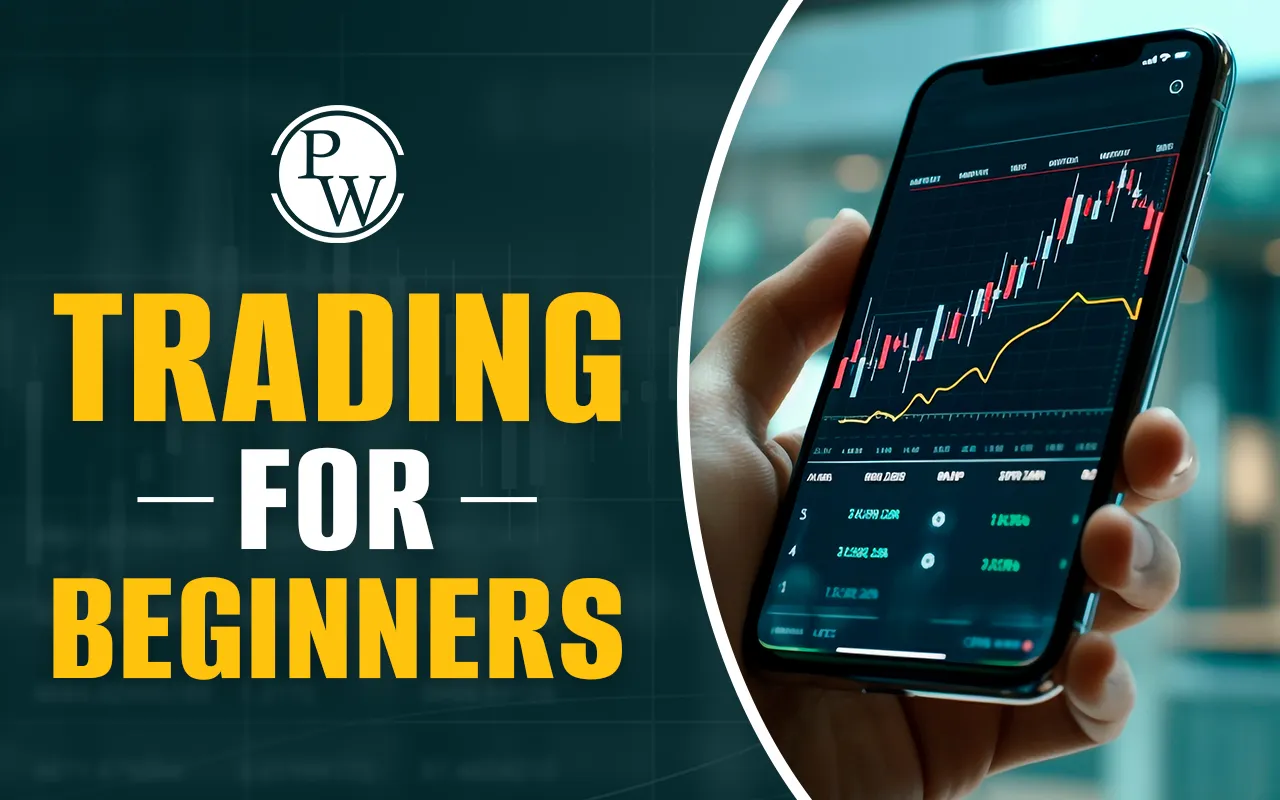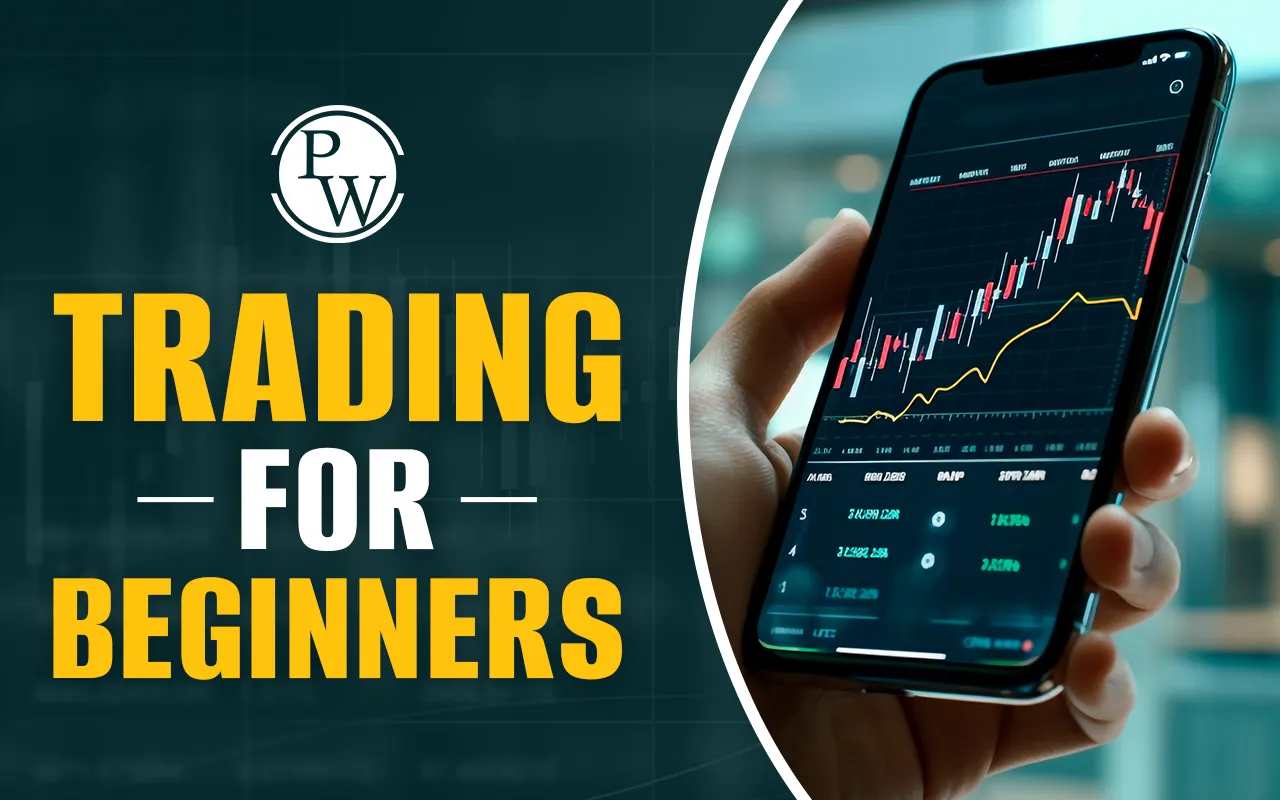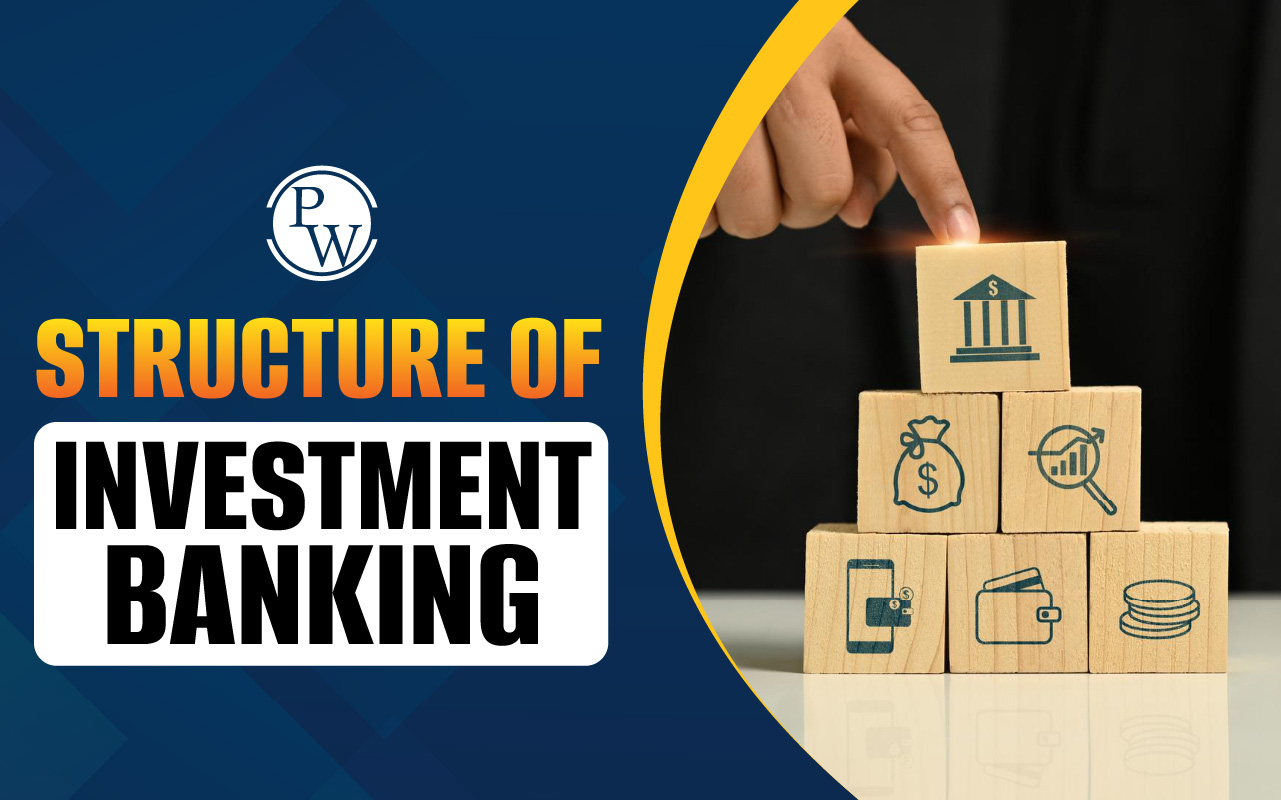

Trading for Beginners: Trading refers to the practice of buying and selling assets within a short time to capitalize on fluctuations of the market. The primary purpose of trading is to secure quick profits from the short-term price changes.
Trading can be done in several financial markets, like stocks, forex, commodities, indices, bonds, etc. Trading typically focuses on short-term opportunities in the market in comparison to investing, which considers a long-term perspective. The following article will give you all the details regarding Trading for Beginners.
What is Trading
Trading refers to the buying and selling of financial instruments, including stocks, bonds, currencies, and commodities, with the sole focus on making a profit from the price fluctuation in the market.
-
Trading includes a variety of assets, like stocks (ownership of a company), bonds (loans to companies or governments), currencies (like the dollar or the yen), and commodities (gold, oil, or agricultural products).
-
Trading for beginners is done to earn profit, which is the difference between the buying and selling price of an asset.
-
Trading involves capturing profits from short-term price changes, whereas investing involves the holding of assets for several years or even decades.
-
Individuals involved in the trading of financial instruments often use technical analysis, like studying charts and patterns, to identify potential trading opportunities.
-
It also involves a certain level of speculation because traders are essentially making predictions about the future price fluctuations. Trading is risky as the prices may sometimes go against the position occupied by the traders.
Also Check: How To Change Career To Accounting?
What is Day Trading?
Day trading is a high-speed investment strategy where traders buy and sell financial instruments within a single day, aiming to profit from small price movements. It relies on short-term market trends and technical indicators rather than long-term fundamentals.
Successful day trading requires risk management tools, a solid understanding of market behaviour, and quick decision-making. While it can lead to rapid profits, it also carries significant risks, especially for inexperienced traders. Mastery of day trading takes years of practice and strategy.
Online Trading for Beginners
Online trading is a modern way to invest in financial markets using the internet. It allows individuals to buy and sell assets such as stocks, mutual funds, forex, and cryptocurrencies through digital platforms, without needing to visit a stock exchange or a broker’s office. For beginners, online trading might seem complex at first, but with the right approach, it can become an accessible and rewarding experience.
To get started, one needs to open a trading account with a trusted online broker. These brokers provide platforms that display live prices, charts, and tools to place trades. One of the biggest advantages of online trading is convenience—you can manage your investments from your computer or smartphone anytime.
If you're new to trading, it's wise to begin with a small investment and use demo accounts to practice. Learning basic financial terms like “buy,” “sell,” “stop-loss,” and “portfolio” is essential. It's also important to stay updated with market news, as global events can influence price movements. More importantly, always choose a reliable and regulated trading platform that offers good customer support, educational materials, and transparent fees.
Learn Forex Trading
Forex trading, or foreign exchange trading, is the global marketplace for buying and selling currencies. It’s one of the most active financial markets, operating 24/5. To succeed, beginners should understand currency pairs, how to read forex quotes, and the concept of leverage. Most start with a demo account to practice strategies without real financial risk.
As traders gain confidence, they can explore technical indicators and different styles like scalping or day trading. Success requires patience, discipline, and ongoing learning. A solid foundation and well-planned strategy are key to thriving in forex trading.
Forex Trading for Beginners
Foreign Trading, also known as Forex Trading, refers to the buying and selling of currencies like USD/INR or EUR/INR, to profit from exchange rates. It is one of the major active markets globally, with around $6.6 trillion traded daily by individuals, companies, and banks.
Forex Traders for beginners can be conducted through recognized stock exchanges, including the NSE and BSE. The forex market is decentralized and operates the whole 24 hours, 5 days a week. It is spread across the major financial centres globally. Investors are allowed to trade in forex using their online trading platforms offered by brokers.
Also Check: Top Tax Preparer Interview Questions 2025
Day Trading for Beginners
Day Trading is related to the type of trading where traders can buy and sell stocks and other financial instruments on the very same day. It means that the traders are not holding on to the investments overnight, and maximize their profits from short-term price movements.
Day Trading for beginners can be very profitable but involves a certain level of risk as well. If the traders are not careful enough, then they can lose out on a lot of money in a very quick span of time. To avoid such losses, traders should do their research and learn as much as they can about the market. Trading for beginners should start with a small amount and gradually increase their investment as they gain experience.
How to Start Trading for Beginners with Little Money
Starting trading for Beginners with little money can be challenging, particularly with little money. But it can be made possible through the application of the right tools and strategies. Trading for Beginners with Little Money can be explained in the following steps:
-
Learning Basics: Learn and familiarize yourself with fundamental stock market concepts, including stocks, order types, and basic analysis techniques.
-
Understanding Terms of Stocks: Learning various terminology related to stocks, including market capitalization, earnings per share, and dividends, so that traders can make informed decisions.
-
Bids and Ask Prices: Bids are those prices that buyers are willing to pay, whereas asks are those prices that the sellers want.
-
Practice with Demo Account: The majority of online platforms offer demo accounts where traders can practice with virtual money to build up confidence and test their strategies without risking any capital.
-
Trading with Safer Stocks: Trading for beginners should start with established and stable company shares to minimize the element of risk and avoid investing in penny stocks.
-
Continuous Learning: Keep yourself updated with financial news, economic reports, and company-specific news. Consult with experienced traders and financial advisors for guidance.
Build Your Career with Professional Finance Certification Program (PFCP)
The course is Professional Finance Certification Program (PFCP), designed to provide a strong foundation in modern finance. Whether you're from a commerce, science, or non-finance background, this program will help you understand real-world financial concepts. Whether you're from commerce, science, or any other background, this course will help you understand how finance works in real life.
Trading for Beginners FAQs
What is the meaning of Trading?
What are the requirements to start Trading for Beginners?
What is Forex Trading for beginners?
What is the meaning of Day Trading for beginners?













